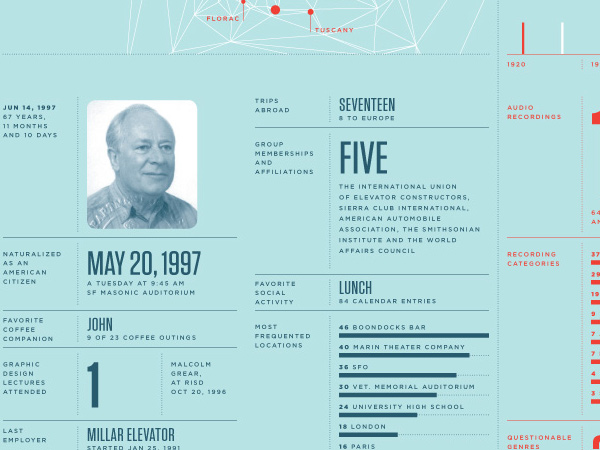How it begins
In observance of Autism Acceptance Month: an excerpt from my first journal entry, Sunday, January 26, 1986. Age 17.
I do not find this writing easy. It is difficult for me to translate the thoughts, the many thoughts that are all at the same time pushing at the door in my mind to get through first to be written, in time to capture them all accurately, coherently, and with the same train. It really is difficult.
Often I have wondered at the kids in my English classes who churn out essay after essay, often with consistent A grades, seemingly without effort, while I find it hard to even begin to think coherently about the topics. I wonder if they have something I’m missing. I think maybe they are more advanced than I. Certainly, I am academically not competent—after all, my grades are low, and recently dropped quite a bit. I am ranked 36 in a class of 120.
I also seem to be lacking something the others have in home life. I mean, I never hear anyone else complaining about how their fathers yell at them with a passion when they don’t do what they’re expected—because, it would seem, they do as they’re told! Is there something wrong with me? Apparently.
But then I have my SAT scores of 690 verbal and 750 math, 1440 total, which are phenomenal in comparison with everyone else’s scores. Nearly everyone else’s, that is. There are always the exceptions [...]
Am I an idiot savant? That’s a pretty ludicrous idea. I am very talented. I act (although, since I got into high school, I haven’t had a lead role at all—quite a shock after having the lead in every production in elementary school and the junior high), I do graphic work (which, for the yearbook, was twisted—an interesting case: I brought my design for the divider pages into class and showed it to Mrs. Comarato, who liked it but had a distinct air of disappointment, saying that it took away from the job of the Art and Layout editors), and I write (as I am doing now) fairly well, so I and others think.
For years the big phrase the schools have used to describe me has been “doesn’t live up to his potential.” Personally, I’m sick of that. It’s become a cliché, a kind of “we don’t really know what’s wrong, so we’ll just say this” catchphrase. I’ve found, however, that the schools haven’t been living up to their potential. That’s another story.
I lost my train of thought there, unfortunately. As I said, that happens when I don’t get the thoughts out fast enough.
[...]
Just read the part about school and found my train of thought again, ie:
…but they can’t be more advanced than I! Honestly, I am the highest-level thinker I know. I think all the time! I have an immense mind with immense capacity for thought, reflection, and innovation. I really don’t think I’m being narcissistic. I know myself, and I am very intelligent. It seems strange to accuse the world of interpreting me wrongly, but that would seem to be the case.

